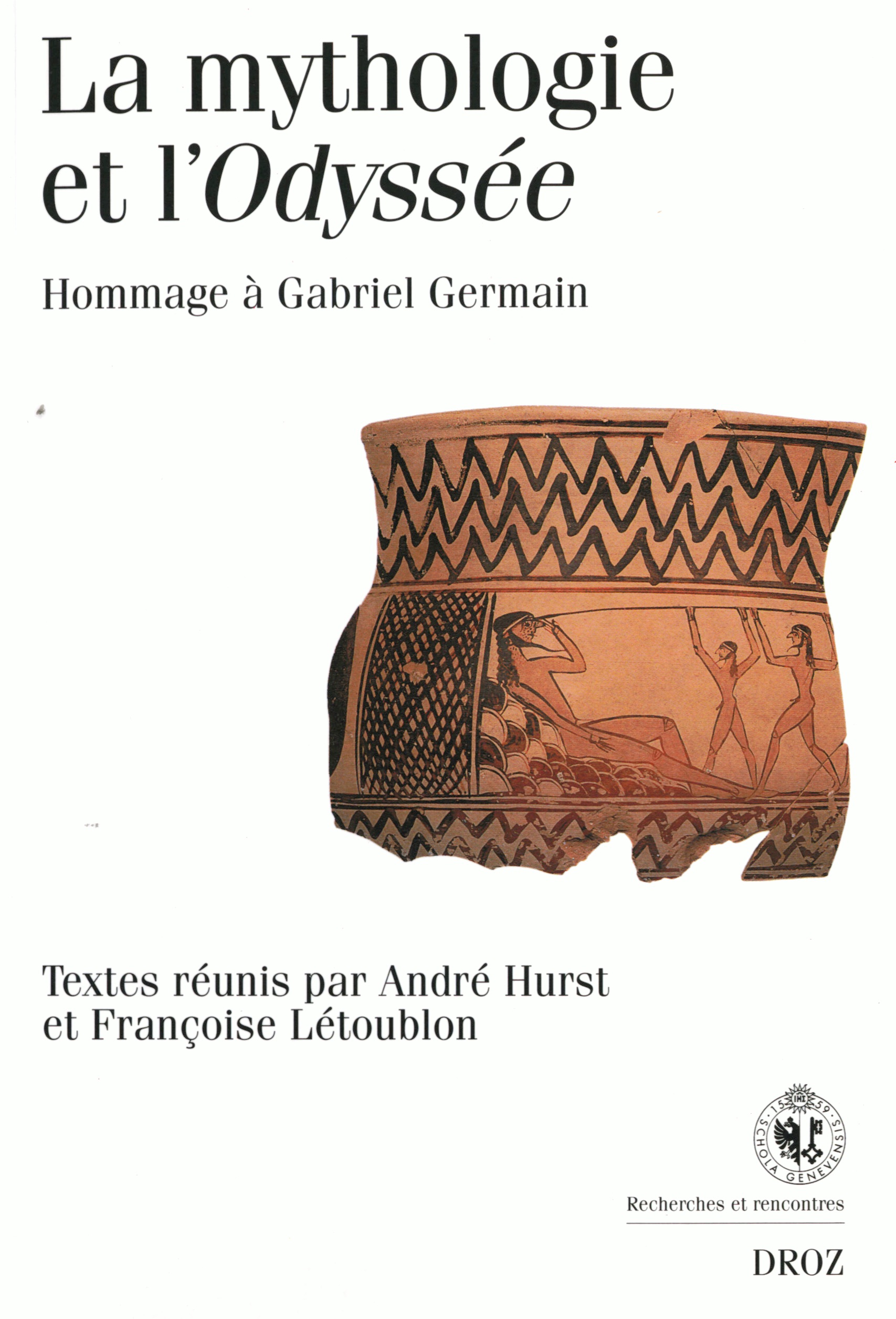Paradigmes de la paternité : pères, fils, et prouesses athlétiques/sexuelles dans l’Odyssée d’Homère
Résumé
This essay examines two fundamental paradigms of paternity and sonhood in Homer’s Odyssey. In the «normal» epic pattern, the gentle father, an epios pater, encourages his son’s growth to manhood, affirming his manly pursuits in the realms of sex, athletics and war. In the aberrant, conflictual pattern an ego-centric father begrudges his son’s quest for manhood and often obstructs him, even from birth, thereby invoking a rebellions response. The idealized patriline Laertes-Odysseus-Telemachus embodies the first pattern, in its united fight against the suitors (24.514-16); the highly conflictual second pattern is evident in the story of Phoenix (Iliad 9.445-91), and famously in the Oedipus/Laius interaction only briefly mentioned in extant epic (in the Odyssey’s First Nekyia). Both patterns co-exist in the Odyssey, as perhaps in every father/son relation. Odysseus has the potential to overshadow the prowess of the exuberant Telemachus, but instead he inco rporates his son in his plans and thus fosters an intergenerational rapport, upon which he predicates his untroubled reentry into his own oikos.
